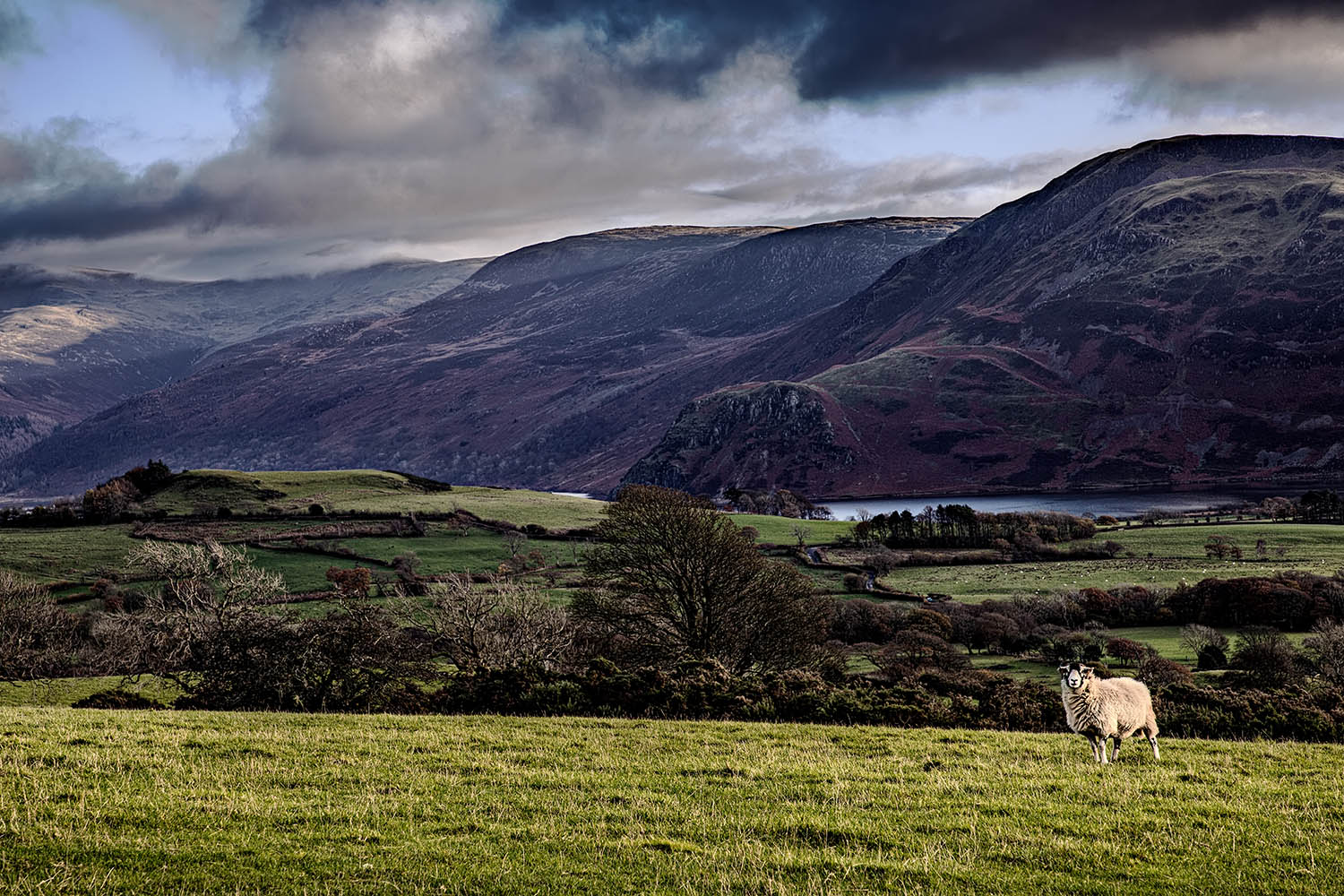Vultures: Nature's Clean-up Crew
Vultures are often thought of as ugly or scary birds, but they play an important role in the environment. They are scavengers, which means they eat dead animals. This helps to keep the environment clean and free of disease. Vultures also help to control populations of rodents and other small animals that can carry diseases.
There are many different species of vultures, but they all share some common characteristics. They have large wingspans, which allows them to soar for long periods of time without having to flap their wings. They also have strong beaks and talons, which they use to tear apart flesh.
Vultures are found on every continent except Antarctica. They are most common in warm climates, such as Africa, Asia, and South America. However, there are a few species of vultures that live in North America, including the turkey vulture and the black vulture.
Here in the UK, we have one species of vulture, the Cinereous Vulture. It's a rare visitor to our shores, mainly seen in Scotland and the Isle of Wight. They typically migrate from continental Europe and Africa.
The vulture in the image is a King Vulture, which is found in Central and South America. It is the largest vulture in the Americas, with a wingspan of up to 9 feet (2.7 meters). King Vultures have a long, red beak and a wrinkled head. They are mostly black, with white around the base of the neck and on the underside of the wings.
- The image below was captured at the South Lakes Safari Zoo.
If you are ever lucky enough to see a vulture in the wild, take a moment to appreciate these amazing birds. They are an important part of the ecosystem, and they play a vital role in keeping our environment healthy.
Here are some additional facts about vultures:
- Vultures have a keen sense of smell, which they use to find dead animals.
- Vultures can fly for hours at a time without getting tired.
- Vultures are social birds, and they often live in large flocks.
- Vultures are an important part of the food chain.
 |
| King Vulture |




Comments
Post a Comment
Notice: Before you unleash your keyboard's fury, a gentle reminder that this comment section is a friendly tavern, not a gladiatorial arena. So, sharpen your wit, not your insults. Thanks!